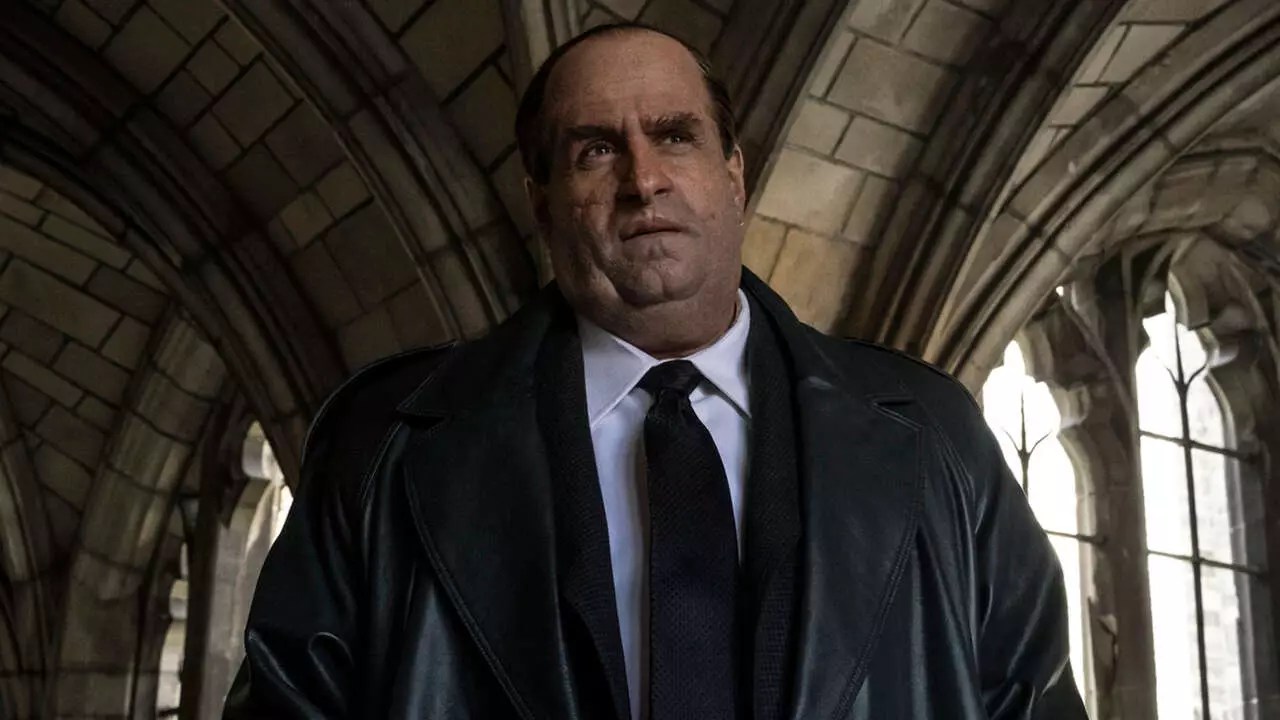In the ever-evolving narrative of Gotham, where crime and ambition intermingle seamlessly, the latest episode of *The Penguin* has ushered in a new substance that promises to reshape the landscape of illicit drugs within the city. While previous drugs like “Drops” have captivated the attention of the populace, the introduction of “Bliss” signifies both a creative leap and a grim reflection of societal issues. As we delve into this episode, especially Episode 3 that aired on October 6, it becomes evident that *The Penguin* is not just a tale of crime but a commentary on reality, blending fiction with tangible elements from our world.
In the realm of drug lore, Bliss shines with a vivid and alluring guise: a red crystalline substance that tempts the weary and adventurous alike. The orderly chaos following Carmine Falcone’s demise leaves a power vacuum, calculated moves by Oz “The Penguin” Cobblepot, and the chaos wrought by the Riddler, setting the stage for Bliss to infiltrate the Gotham underbelly. This psychedelic venture, rather than simply serving the purpose of intoxication, reflects deeper themes of desperation, ambition, and the human condition.
However, what’s particularly intriguing is the method of production showcased in the series. The behind-the-scenes glimpse in the Falcone warehouse introduces viewers to an unnerving grow room filled with bags of strange fungus, among which the Bleeding Tooth Fungus plays a central role. The visual palette—garbage bags soaked in vivid crimson fluid—evokes more than just shock; it conjures a sense of both fascination and revulsion, emblematic of Gotham itself.
The show’s creators have masterfully woven a thread of realism into the narrative fabric of Bliss by anchoring it in actual mycology. Hydnellum peckii, or the Bleeding Tooth fungus, indeed exists and serves as a fascinating focal point in this fictional drug narrative. Unlike many fictional substances that lean heavily on fanciful lore, the choice of this real-life fungus adds an unsettling touch. The bright, bleeding portrayal of this organism—excreting crimson fluid resembling blood—serves as an ironic metaphor for the dark undercurrents of Gotham’s drug trade.
This aspect of realism does not stop at appearance; the real-life Bleeding Tooth Fungus possesses unique properties, being a blood thinner with notably bitter taste. The dichotomy of its theoretical uses as a hallucinogen versus its actual medical attributes mirrors the complexities of drugs in society—substances that can heal or harm, liberate or ensnare. Through this juxtaposition, *The Penguin* effectively critiques not just the characters’ choices but the societal structures that frame those choices.
As Gotham processes the chaos resulting from the loss of a powerful crime lord, the introduction of Bliss can be interpreted as both a symptom and a catalyst for upheaval within its criminal hierarchy. With characters like Sofia Falcone and Penguin vying for control, Bliss offers a window into their aspirations and desires for dominance in a fractured cityscape. The drug’s allure hints at the age-old narcotic promise of escape—yet, it also foreshadows potential repercussions that could ensnare its users in deeper moral dilemmas.
While the allure of drugs is often romanticized, *The Penguin* does not shy away from displaying the darker realities. Bliss can be seen as a harbinger of further chaos, a reminder of the cyclical nature of power and addiction within Gotham. It challenges viewers to consider the implications of such drugs, reflecting real-world issues around substance abuse, dependency, and the elusive pursuit of happiness.
In blending fascinating elements from mycology and urban struggles, *The Penguin* succeeds in creating a fictional narrative rich in symbolism and societal commentary. The depiction of Bliss, with its captivating yet terrifying elements, mirrors the complexities we face in understanding drugs, power, and ambition. As viewers, we are invited to observe the unfolding drama not merely as entertainment but as a mirror reflecting our own world and the choices we navigate within it. In doing so, *The Penguin* elevates its narrative beyond mere crime drama to a contemplative exploration of human nature and societal constructs.


Leave a Reply